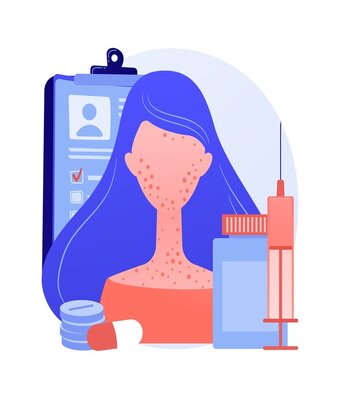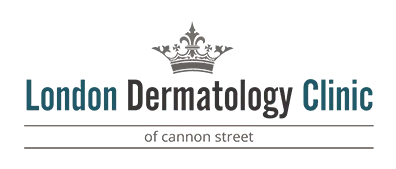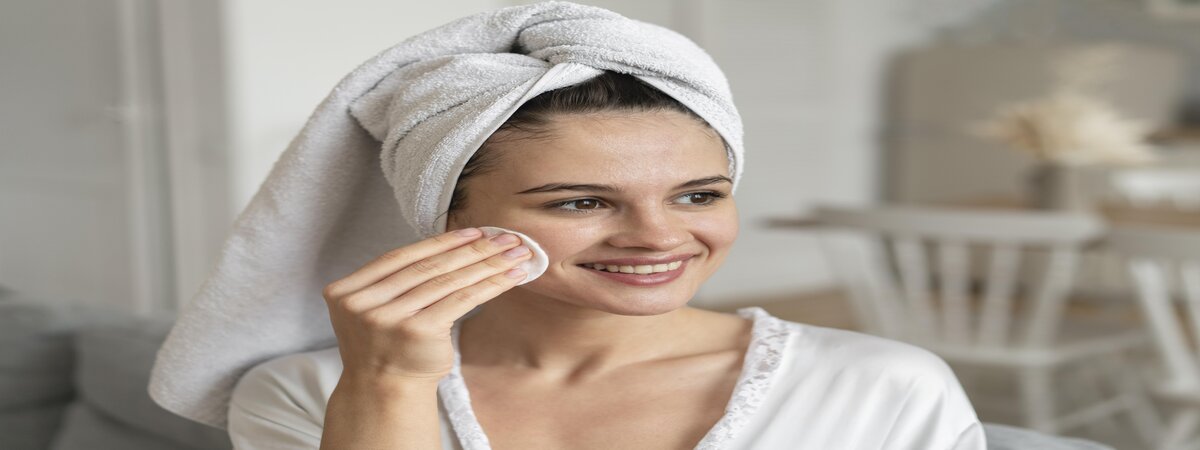
Understanding the Differences Between Rosacea and Acne
In clinical practice, a common issue arises when women report longstanding acne problems, but upon examination, it becomes evident that their condition is actually rosacea, not acne. Many have attempted to self-diagnose and treat their condition based on online research, often exacerbating their skin issues inadvertently.
Rosacea vs. Acne: Key Distinctions
While rosacea was once referred to as “acne rosacea” due to some similarities between the two conditions, they are medically distinct. Dermatologists rely on patient history and clinical examination to differentiate between them. For instance, the presence of comedones or blackheads suggests acne, while facial redness or flushing, along with potential eye symptoms, are more indicative of rosacea.
The Pitfalls of Mistaken Self-Diagnosis
Mistaken self-diagnosis can lead rosacea sufferers to use products targeted for acne treatment, which can exacerbate their symptoms. Ingredients commonly found in acne treatments, such as salicylic acid and retinol, can irritate rosacea-prone skin, worsening redness and sensitivity.
Guidance for Treatment and Skincare
Understanding the differences between rosacea and acne is crucial. If you experience redness or flushing, have sensitive skin, and lack blackheads, it’s more likely rosacea than acne.
Skincare Recommendations
Instead of acne-targeted products, opt for those designed for sensitive skin. Avoid physical scrubs and exfoliators, and consider incorporating azelaic acid into your routine. Exercise caution with salicylic and glycolic acid products, starting with limited use to assess skin tolerance.
Seeking Expert Advice
While seeking skincare advice online is common, it’s essential to recognize the importance of consulting true experts, especially when dealing with medical skin conditions like rosacea and acne. Misinformed advice can worsen skin issues, emphasizing the need for informed decisions regarding skincare and overall health.
Exploring Effective Skincare Solutions
For individuals grappling with rosacea, it’s crucial to adopt a tailored skincare routine that prioritizes gentle products and ingredients that soothe rather than exacerbate irritation. Opting for products labeled as suitable for sensitive skin, like La Roche-Posay Toleriane foaming gel cleanser or Avène extremely gentle cleanser lotion, can provide relief while maintaining skin health.
Embracing a Holistic Approach to Skin Health
Beyond skincare, addressing lifestyle factors can significantly impact rosacea management. Identifying and avoiding triggers such as spicy foods, alcohol, and extreme temperatures can help reduce flare-ups. Additionally, practicing stress management techniques and incorporating dietary changes can contribute to overall skin wellness. Remember, while skincare plays a vital role, addressing rosacea comprehensively involves a holistic approach that considers both internal and external factors. By prioritizing self-awareness, informed decision-making, and expert guidance, individuals can navigate the complexities of rosacea management effectively, leading to improved skin health and enhanced quality of life.
Seeking Professional Guidance and Support
Consulting a dermatologist or skincare specialist is invaluable for individuals struggling with rosacea. These professionals can provide personalized treatment plans tailored to your specific needs and skin type. Additionally, they can offer valuable insights into effective skincare practices and recommend medical interventions, such as prescription medications or in-office treatments, to manage rosacea symptoms effectively.
Educating Others and Advocating for Awareness
As someone dealing with rosacea, you can play a crucial role in raising awareness about the condition and dispelling misconceptions. By sharing your experiences and knowledge with others, you can help reduce stigma and encourage understanding and empathy towards those affected by rosacea. Whether through social media, support groups, or community events, advocating for greater awareness and acceptance of rosacea can empower individuals to seek proper diagnosis and treatment, fostering a supportive environment for those navigating this common yet often misunderstood skin condition.
FAQ
Can rosacea be cured?
While there is no known cure for rosacea, various treatments can effectively manage its symptoms and minimize flare-ups.
Is rosacea contagious?
No, rosacea is not contagious. It is a chronic skin condition characterized by facial redness, flushing, and sometimes small, red bumps.
Can certain foods trigger rosacea?
Yes, certain foods and beverages, such as spicy foods, alcohol, and hot drinks, are common triggers for rosacea flare-ups in some individuals.
Are there specific skincare products I should avoid if I have rosacea?
Yes, individuals with rosacea should avoid harsh or abrasive skincare products, such as physical scrubs and exfoliators, as these can aggravate sensitive skin.
Can stress worsen rosacea symptoms?
Yes, stress is a common trigger for rosacea flare-ups. Practicing stress management techniques, such as mindfulness and relaxation exercises, may help reduce symptoms.
Should I see a dermatologist for my rosacea?
Yes, consulting a dermatologist is recommended for proper diagnosis and personalized treatment plans tailored to your specific skin type and symptoms.


